西门子PLC串行通讯技术毕业论文
2020-06-20 19:23:38
摘 要
为了进一步向智能化,自动化工业4.0发展,解决工业中自动化领域的热门问题。应用PLC相关的技术,结合现代电子,软件科技通过客户端、服务器等相关东西组成网络。来控制现场设备运作,形成控制网络。PLC串行通信技术是PLC技术的一个基础的通信技术,其优良直接有关着自动化生产的实现。为了我国的工业变得自动与智能,研究有关PLC技术,尤其是作为基础的通信技术变得重要。
工控行业领军企业西门子公司供了软硬件支持和系统的解决方案。S7-200PLC 是开发的一种西门子S7系列微型可编程控制器 , 它具有简单编程、功能性强、可靠性高等特点,还具有满足与上位机或其他的PLC通信和网络功能。此外通信硬件如端口、通信电缆及通信卡等为通信带来方便,通过制定内部通信协议,优化了软件设计,增强兼容性,从而组成网络,方便与其它设备进行通讯,因此被广泛应用于工业自动化控制领域。文章详细阐述了 S7系列PLC 中几种常用的通信模式。
本文是西门子PLC的通信技术和相关通信协议分析。包括通信参数设定,通信连接,PLC数据读写,断开连接四个模块。同时包括串口通信模式,以太网通信模式,MPI,PPI,PROFIBUS-DP网络该软件可实现同系列不同型号的PLC进行通信的相关技术。由设计人员自行选择软件尤其是西门子开发的STEP 7软件,中采用多样的通信方式,在其中进行设计硬件软件。
关键词:PLC,串行通信,PPI通信,MPI通信,PROFIBUS-DP网络,以太网
Abstract
PLC to industrial 4.0 further to the intelligent, automated development, in the industrial control system application PLC technology and field equipment, client, server reasonable and effective control, to achieve PLC control to solve the field of industrial automation and control of the hot issues PLC serial communication technology is a basic communication technology of PLC technology, its excellent directly related to the realization of automated production In-depth study of PLC communication technology and PLC industrial network and the corresponding field bus control technology will accelerate the optimization of China's industrial automation in the field of development.
Industry and Industry Leader Siemens provides hardware and software support and system solutions.S7-200PLC is the development of a Siemens S7 series of micro-programmable controller, it has a simple programming, functional, high reliability, but also has to meet with the host computer or other PLC communication and network functions. In addition, communication hardware such as ports, communication cables and communication cards for communication convenience. PLC through the development of internal communication protocol, optimize the software design, enhance compatibility, composition of the network. It is convenient to communicate with other devices and is widely used in industrial automation and control. This paper elaborates several commonly used communication modes in S7 series PLC.
This article is Siemens S7-200 programmable controller communication technology and related communication protocol analysis, hardware composition, software design communication configuration. Especially the STEP 7 software developed by Siemens. The process includes communication parameter setting, communication connection, PLC data read and write, disconnect the four modules. Designers use their own software to choose a variety of communication methods.
Including serial communication mode, Ethernet communication mode, MPI, PPI, PROFIBUS-DP network. The software can be achieved with the same series of different types of PLC communication, in order to ensure the connection, using a unified communication interface standards.
Keywords: PLC, serial communication, PPI communication, MPI communication, PROFIBUS-DP network, Ethernet
目录
第一章 绪论 1
1.1 PLC技术的背景 1
1.2 PLC与继电器控制系统的比较 1
1.3 PLC的运用及发展趋势 2
1.4本文所探讨的问题 2
第二章 PLC及其控制网络的基础知识 3
2.1PLC的分类和组成 3
2.2 PLC的工作原理与功能特点[6] 7
2.3 PLC扫描机制及扩展能力 9
2.4 数据通信基础 11
2.5工业通信网络基础 16
2.6小结 17
第三章 PLC串行通信基础 18
3.1 MPI 18
3.1.1基础的MPI通信知识 18
3.1.1MPI无阻态程序块 19
3.2 PROFIBUS的通信与网络组态的基础知识 21
3.2.1PROFIBUS的通信知识基础 21
3.2.3Profibus-DP的网络协议 22
3.3PPI 23
3.1.1基础通信PPI的知识点 23
3.3.2PPI所用特殊寄存器与功能指令 23
3.3.3 S7-200 PPI通信和网络功能的实现 24
3.4以太网 25
3.4.1PLC的有关以太网通信的基础知识 25
3.4.2以太网的组成要素 25
3.4.3ETHx_CTRL,ETHx_XFR指令 26
3.5自由口通信 27
3.5.1关于PLC自由口通信基础知识 27
3.5.2自由口通信的特殊寄存器 27
3.5.3工作模式及通信指令 28
3.5小结 29
第四章 西门子通信网络技术的实现 30
4.1PPI,MPI,PROFIBUS-DP通信的简单实现 30
4.1.1PPI网络组建简单简介示例 30
4.1.2MPI通信网络组建简单简介示例 32
4.1.3PROFIBUS-DP网络组建简单简介示例 33
4.2自由口通信部分程序设计示例 34
4.3以太网通信设计示例 36
4.4小结 43
第五章 总结与展望 44
5.1总结 44
5.2展望 44
参考文献 45
附录 46
第一章 绪论
1.1 PLC技术的背景
可编程控制器即 Programmable Logic Controller 的中文简称[1] 。自20世纪60年代需求更方便的控制系统,PLC便在70年代诞生,从一开始的汽车产业很快扩展到别的生产产业。由一开始的取代继电器的逻辑控制计数,定时等,随着电脑技术的发展,PLC发展成可编程,可操作,可存储,可逻辑运算的一体化的处理器,简直是一个小型的CP机,正是适应了愈来愈快的社会生产力。
现在,随着电子技术迅猛发展,PLC所坚持的思想是1.硬件编软件,用程序代换接线2.易于扩展模块交流3.继电器按钮控制成用能流控制,开关触点变为以16位和32位的微处理器。其主要特点是小体积,专用化,低成本,高速化,大容量,智能化。
相关图片展示:

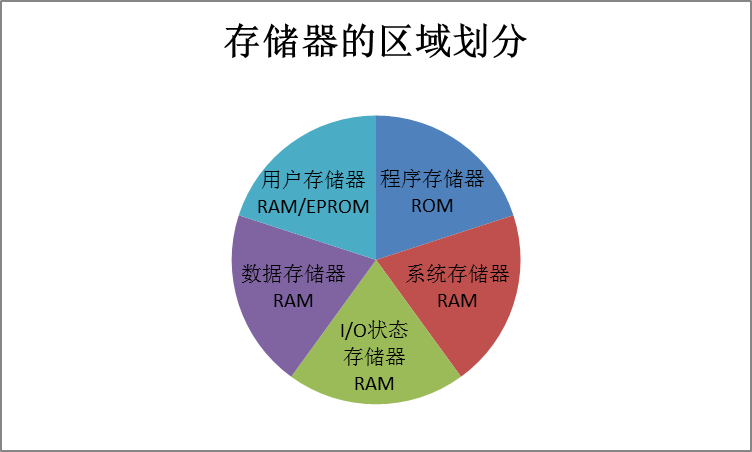
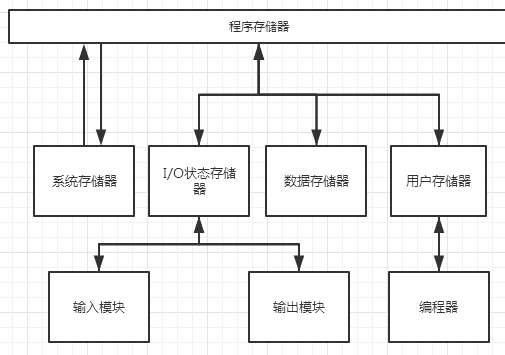
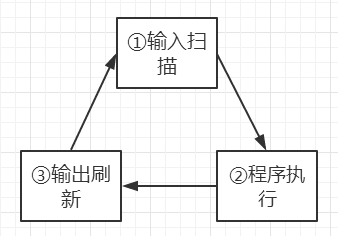
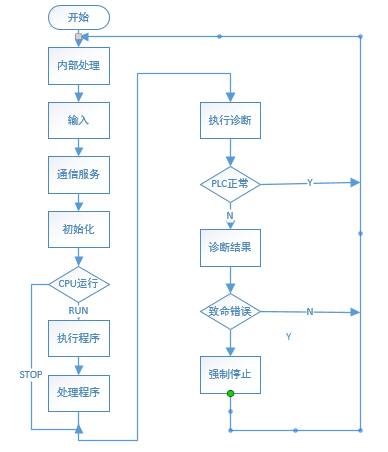
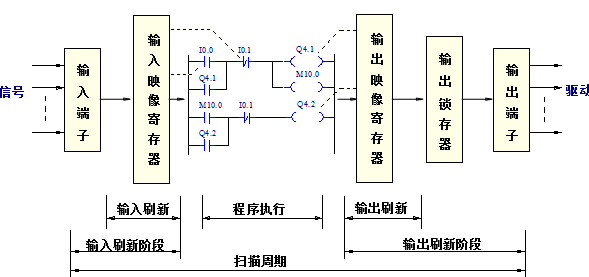
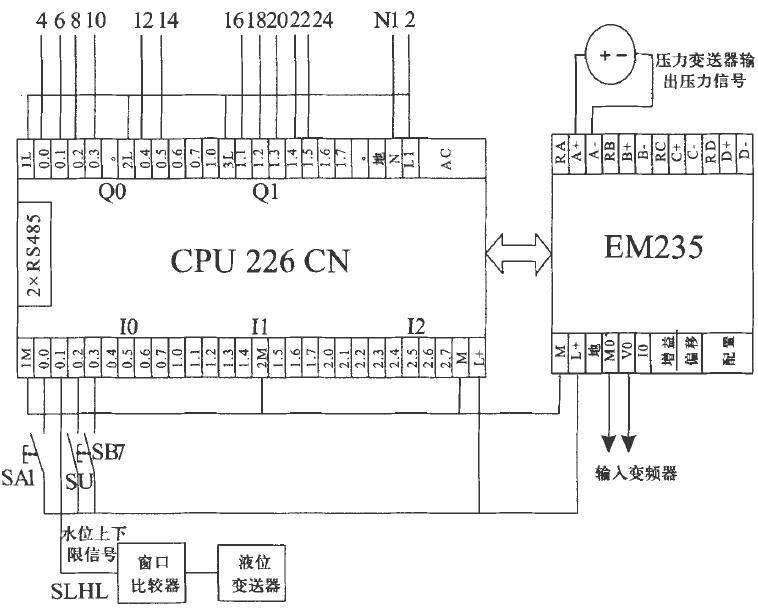
课题毕业论文、开题报告、任务书、外文翻译、程序设计、图纸设计等资料可联系客服协助查找。



